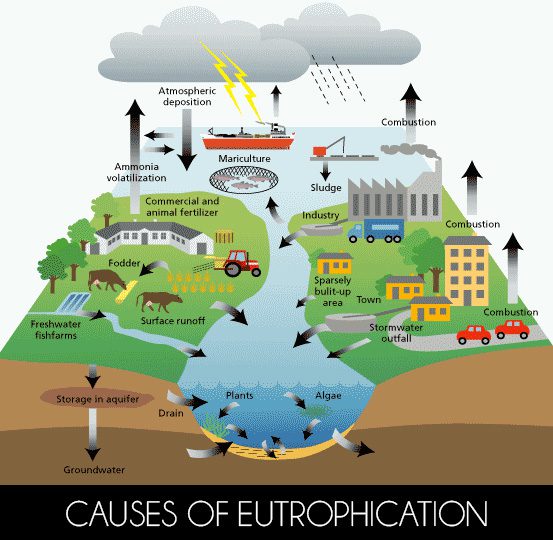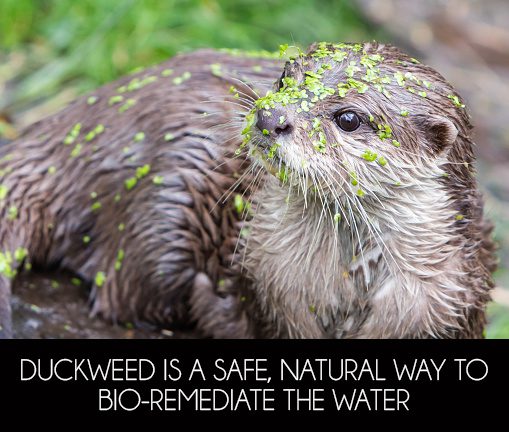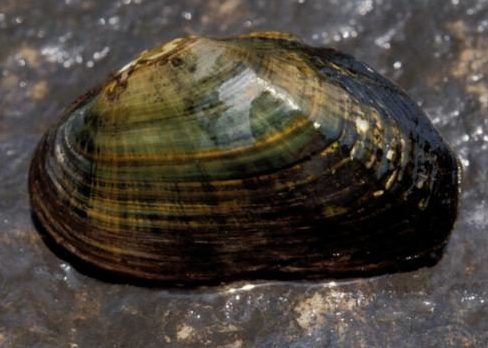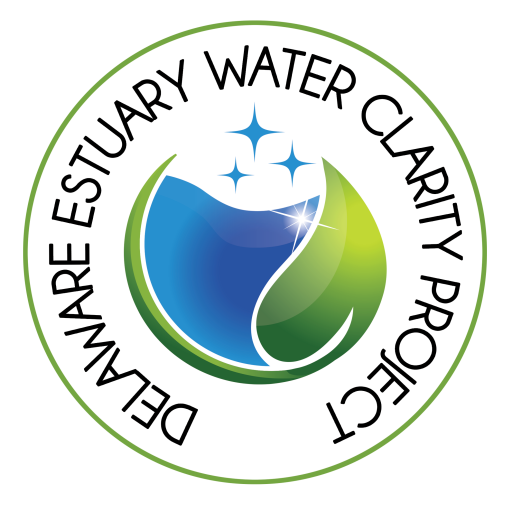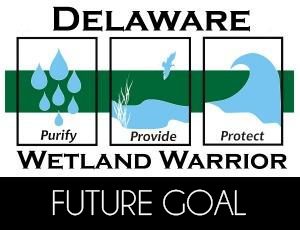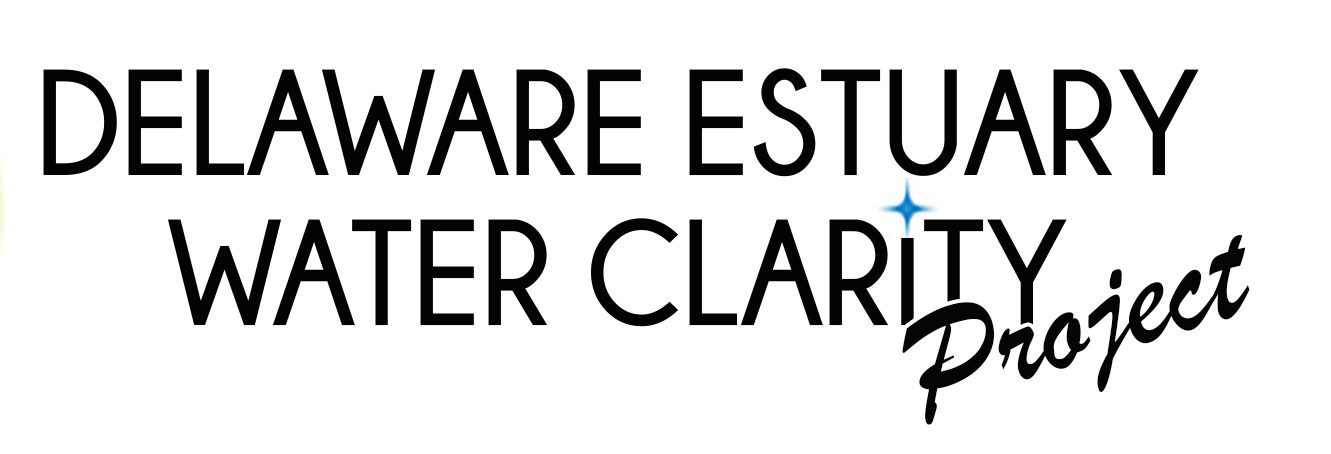
OBJECTIVE
The objective of the Delaware Estuary Water Clarity project is to re-balance the nutrient levels in estuary waters in a non-invasive, sustainable way using duckweed, so that mollusks can be re-introduced successfully to filter the sediment from the waters. Re-balanced, sediment free water is the foundation of a healthy aquatic eco-system. It is our goal to prove the viability of duckweed as a natural bio-remediator which can assuage man’s destructive effects on the environment in a sustainable, cost effective way
PROBLEM
The shallow waters of the estuary are full of excess nutrients and cloudy with sediment. These waters, once brimming with life have become still and, in some areas, devoid of life. If left untreated, soon this unbalanced is in the beginning stages of eutrophication and soon, if left untreated, will give way to anaerobic algae filled waters.
Wildlife organizations are working to improve biodiversity by re-introducing mussels to the water. However, the prime reason the mussels disappeared in the Delaware estuary was water quality, a problem still not corrected. While it is true these re-populated mussels may filter the water for a time, they will sicken. These sediment removing populations will not truly be self-sustaining until the nutrient balance in the water is corrected. Without re-balancing the waters all efforts will remain sustained by humans and the eco-system will remain in peril.
SOLUTION
STAGE ONE: DUCKWEED
Duckweed has proven to extract nitrates, phosphates and other harmful chemicals out of the water. If kept in a contained area and harvested weekly, it can significantly improve water quality within a short period of time.
There are 25 main drainage points in the Delmarva Peninsula. If at each of these points a 50’ Duckweed station (contained by 5″ oil booms) were erected, the duckweed filtration would naturally extract these harmful chemicals from the water,during the 30-40 week growing period, thus allowing the eco-system to slowly re-establish itself and efforts, such as mussel re-population, to truly take hold and become self-sustaining over time.
Further, duckweed has a variety of uses once harvested. It can be used as a protein supplement in both livestock and poultry feed and as a biomass for bio-fuel. The duckweed harvested weekly at the drainage sites will be dried in the hothouses at Birdsong Gardens and then the bulk of the biomass will be sold to a chicken feed processor who creates organic feed for specialty chicken growers.
Weekly, as the duckweed in harvested, water samples will also be taken to help monitor the nutrient balance of the waters.
The cost of this program is low, both for initial set up and for maintenance. In fact, with enough harvesting from filtration systems it is possible this program may grow to sustain itself financially. Unlike harsh chemical treatments this natural filtration system has no adverse effects on the eco-system. It simply helps nature balance herself.
The common duckweed provides an almost magical solution. Duckweeds are natural super-filters, sucking up minerals and organic nutrients from the water, which then accumulate into the plants’ biomass. This process, called bio-remediation, is not only safe, but effective.
STAGE TWO: MUSSELS
At one time there were over 15 recorded varieties of mussels living in the Delaware estuary. Now there is only one that is found with any type of regularity. Once the water has been balanced, mussels will be purchased from Drexel University and repopulated near the Duckweed Stations in the drainage sites. Mussels have a unique ability to filter water. Each mussel can filter over 20 gallons. One mussel bed studied in Southeast Pennsylvania was found to remove 26 metric tons (the weight of 5 or more elephants!) of solids. The successful re-introduction of mussels is key to water clarity and therefore to a healthy eco-system. But they will only survive if the water is balanced, making the step to purify the water with duckweed an essential and imperative part of this process.
STAGE THREE: AMERICAN EELS
American eels are the host fish for freshwater mussels and play an important part of the mussel’s reproductive cycle. After the sediment has cleared from the water juvenile American Eels will be infested with mussel larvae and released into the waters. Eels remain in their freshwater habitat for up to 40 years before migrating to the Sargasso Sea to spawn. During these 4 decades they can play “host” to the mussel population a myriad of times within that timeframe, spreading the mussels throughout the estuary. Thus reintroducing eels to the waters not only helps the mussels reproduce, but helps to establish beds throughout the estuary, and improving the clarity of the water dramatically through the process.
CURRENT PROJECT STATUS:
- Birdsong Gardens’ research has concentrated on duckweed’s use as a bio-remediator since 2000. They have participated in studies with Delaware’s department of Natural Resources, Inland Bays Advisory Group and Elcriton.
- In 2012, Dave Rickards, founder of Birdsong Gardens proposes to build 25 drainage sites in the Delmarva Peninsula.
- Birdsong Gardens received non-profit status and founds The Delaware Estuary Water Clarity Project
- Birdsong Gardens received permission from the state to build Duckweed filtration stations in 25 drainage sites throughout Delmarva Peninsula.
- Birdsong Gardens sent a letter to Property Owners describing the project and asked them to grant access to Drainage Sites adjacent to their property.
- Birdsong Gardens plans to apply for a grant through the National Fish and Wildlife Federation to receive funding for the Delaware Estuary Water Clarity project.
- Birdsong Gardens plans to have two test growing seasons:
- 2017: July 15-October (shortened season while awaiting funding)
- 2018: March 1- October
- At the end of the growing season each year a representative sample will be sent to the University of Maryland’s Horn Point Environmental Station for a analysis to determine the number of pounds of Nitrogen and Phosphorus successfully removed from the waterway annually.
- If the University of Maryland’s analysis shows significant removal of Nitrogen and Phosphorus, the state should consider the Delaware Estuary Water Clarity Project as an accepted process which qualifies for their Nutrient Reduction Credit program.



